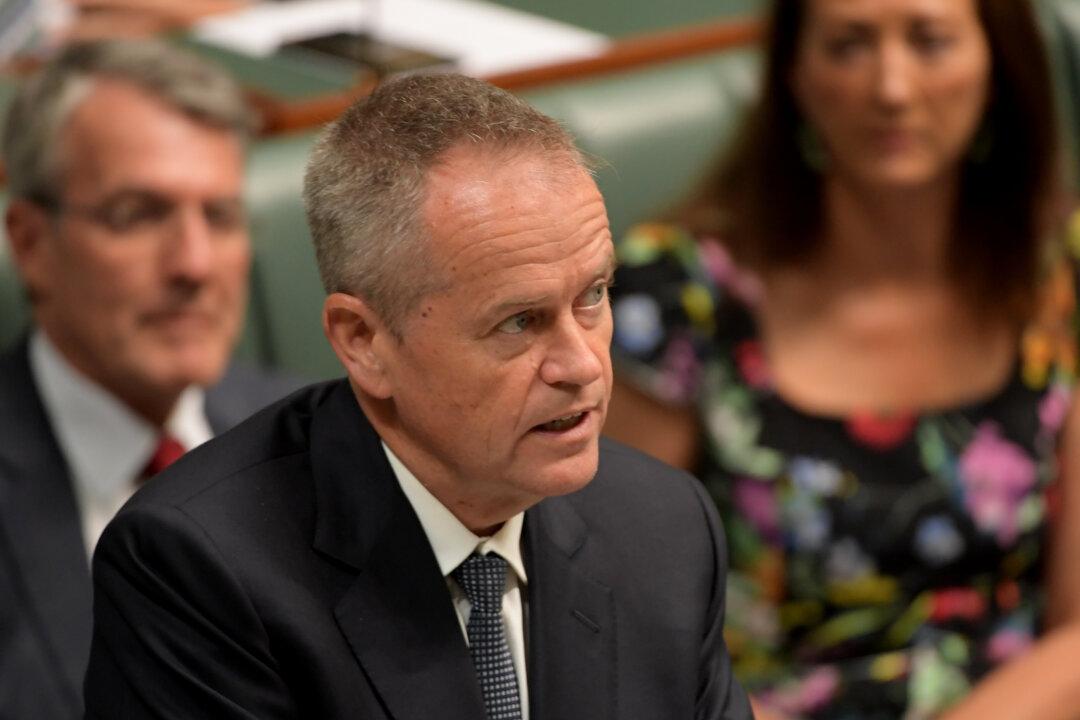Former Opposition Leader Bill Shorten has said that Prime Minister Scott Morrison’s message about social media being used by the “evil one” should be directed to address the insidious issue of child-accessible pornography.
In a Christian conference, Morrison warned that social media is facilitating the spread of identity politics, saying it is being used by the “evil one” and that younger generations were at most risk of its influence.





